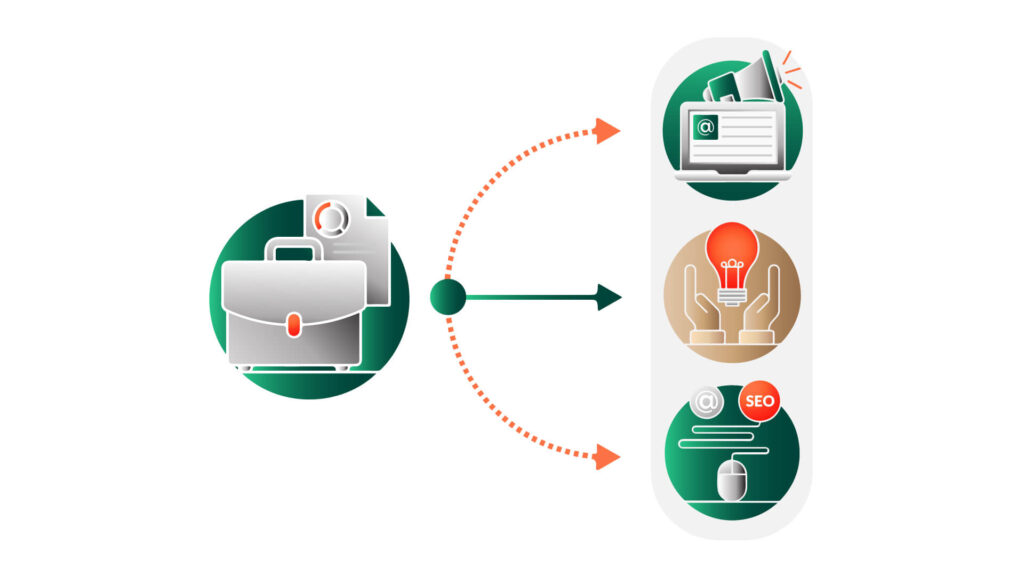You’re thinking of becoming an executive coach? That’s fantastic! This is a profession that is not just fulfilling but also lets you have a significant impact on the lives of others in their profession. If you’re looking at an opportunity to change careers or are looking to get into this area this guide will take you through all the information you should learn about.
How do you define business coaching?
Business coaching is about teamwork with people or groups to assist them in achieving their goals. It’s like being a private trainer to help you with your profession. You’re there for advice, assistance and techniques however the true magic happens when the clients decide to take action independently.
Key Responsibilities of a Business Coach
- Analyzing the client’s needs: Start by identifying your client’s situation and the goals they’d like to achieve.
- Making Action plans and goals Together, you’ll map the steps to reach these goals.
- Offering Support and Helping Clients: You’re not just giving advice to your clients; you’re helping actionp your clients engaged and on the right track.
Skills and Qualities You’ll Need
Essential Coaching Skill
- Active Listening: This is listening to the words of your client rather than waiting to be the next person to speak.
- Affordable Communication and honest conversations can establish trust and help keep things on course.
- Solutions to Problems: helping clients overcome problems with innovative solutions.
Personal Qualities for Success
- The ability to empathize and be emotionally intelligent. Understanding your customers’ emotions and perspectives will allow you to communicate better and provide more tailored tips.
- Resilience and patience Change can take time and you’ll have to remain patient and supportive through the bumps and valleys.
- Continuous learning The coaching field is constantly evolving, so staying current is essential.
How to Get Started?
Self-assessment and Preparation
Before jumping in the water, take a moment to think about your abilities and experience. Consider how they could be used in coaching. It’s crucial to be aware of what the business coaching field has to offer and what is going to be required from you.
Education and Certification
To be a reliable business coach, certification is essential. Look into programs offered by associations such as The International Coach Federation (ICF) or the International Association of Coaching (IAC). They provide extensive training to prepare you to be successful.
Gaining Experience
Begin by gaining practical experience. You can volunteer, look for internships, or be a student with a mentor already working in the industry. The practical experience you gain will be valuable as you develop your career.
Building Your Coaching Practice
Finding Your Niche
What is your area of interest that you are enthusiastic about? It could be executive coaching, leadership or assisting startups, identifying your niche will allow you to get the right clients to be noticed in the market.
Setting Up Your Business
Take a look at the details, for example, your company’s structure (LLC or sole proprietorship, etc.)) Create your own business plan. The plan should outline the goals, services you offer and a plan to grow.
Marketing and Branding
Establishing a brand is vital. It is fundamental to have an expert looking site, take part in web-based entertainment and make both an on the web and disconnected local area. A thoroughly examined system for showcasing will help in drawing in and keeping clients.
Finding and Keeping Clients
Client Acquisition Strategies
Begin by networking and then soliciting recommendations. Making connections with industry professionals could lead to new opportunities for clients. Online marketing, such as the creation of content as well as social media, can assist in showcasing your skills.
Delivering Value and Building Relationships
Start with a consultation to demonstrate how you can assist. Establishing strong relationships and maintaining customer satisfaction will result in more company and even referrals.
Financial Considerations Rate
Pricing Your Services
Choose a pricing structure that will work for you and your customers. It could be hourly rates packages, retainer fees, or fees. Find industry standards to make sure that your rates are competitive and reasonable.
Managing Your Finances
Be aware of your expenditures and earnings. Make a budget and speak with a financial professional to help you manage your finances efficiently.
Continuous Growth
Ongoing Education and Development
Learning doesn’t stop after you’ve been certified. Join workshops, participate in coaching groups, and keep current with the latest trends regarding business coach.
Scaling Your Practice
As you expand, consider expanding your offerings. This could involve online classes, group coaching or employing additional coaches to assist in managing your expanding client base.
Real Success Stories
Examples of Successful Coaches
Check out some of the top business mentors and discover how they became famous. Their experiences can provide inspiration as well as practical advice to follow in your own business.
Lessons Learnt
Note down the things that worked for them and then incorporate those learnings into your own coaching practices. This may include strategies for acquiring clients marketing, client acquisition, and delivery of services.
Conclusion
Being a business coach can be an enjoyable experience that blends your knowledge and enthusiasm to help others. Through understanding the job as well as acquiring the appropriate techniques, and then effectively creating your own training, you’ll be on the road to a lucrative career.
Are you ready to take that step? Begin by assessing your abilities as well as pursuing certification and creating a strong business plan. If you’re committed and have the right mindset, you’ll be successful in this thrilling industry.


